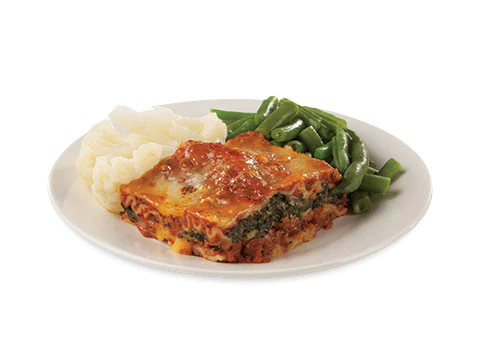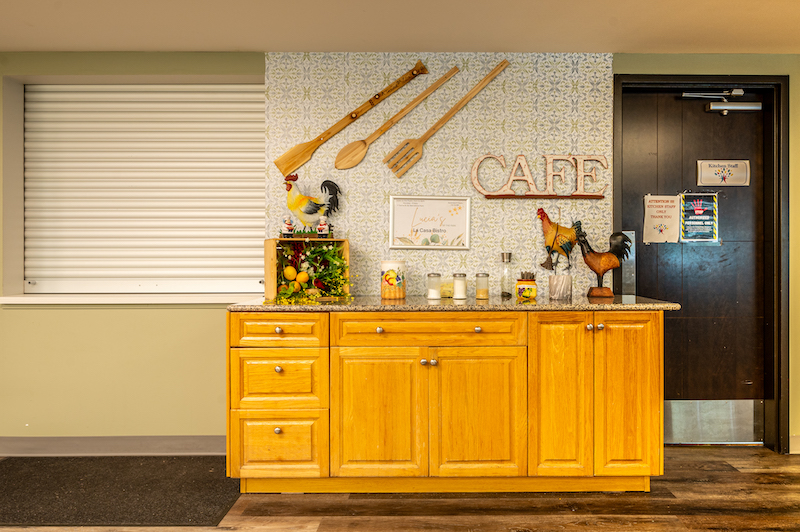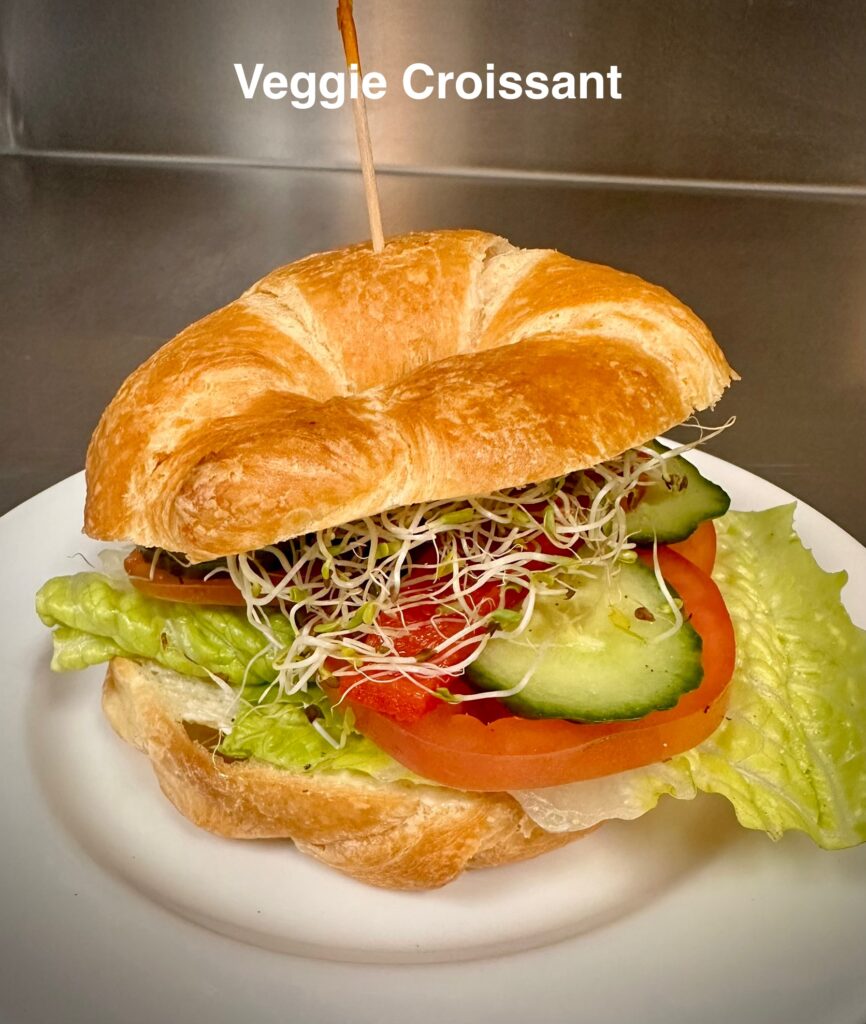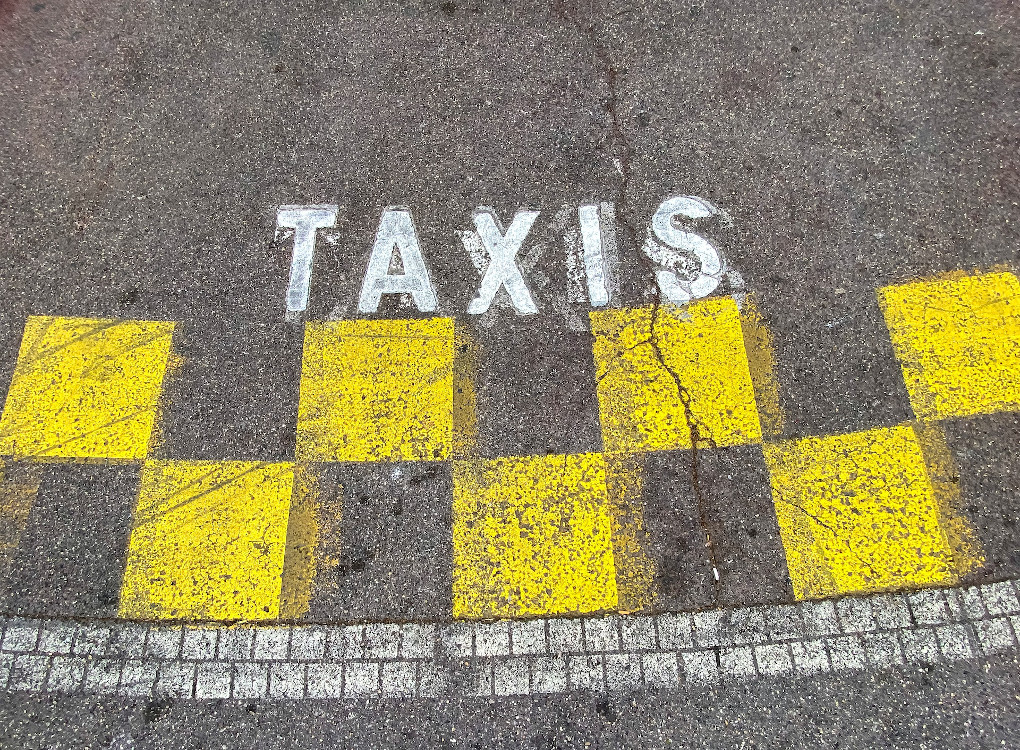Blog
Curbs – Your Enthusiasm
I just about finished reading a book, Dream States, by John Lorinc. He is a new-to-me author who writes about the urban scene. Being a city fellow, I’m always curious about the current urban scene and how we got here.
One tiny portion of the book deals with curbs. Now please calm down. Curb your enthusiasm. I know how hard it is to contain yourself.
What could be more boring than curbs in a city? Let me turn your world right-side up!
So we are all on the same avenue; for my purposes, curbs are those places where sidewalks meet the street. So far, nothing too radical.
My old way of thinking was that sidewalks were just there, first come, first served. I’d park by the curb. Delivery trucks would stop to carry out their business. Taxis would pull over to the curb to pick up or drop off a fare. Buses would pull into the curb for the same reasons. Some curbs had a yellow line indicating no parking. Signs indicate what hours I could park and for how long.
Here’s what’s coming.
There is now so much more competition for curb space, just as there is for shelf space in grocery stores. In the day, taxis would be called, and a car would arrive, or there would be taxi stands where you would take the first cab in a long line.
Think about urban people’s transportation. Taxis are competing with Uber cars. E-scooters are cluttering up the curbs and sidewalks. Some pilot programs use sidewalk-riding robots to make local deliveries. Driverless vehicles will look for curb space for short drop-off/pick-up times vs. cars that might park all day.
The International Organization for Standardization (yes, it’s real) is looking at standards for compact autonomous vehicles using sidewalks.
A pause. Businesses have used public spaces for profit; restaurant sidewalk patios, street vendors, food trucks, and billboards.
Currently being tested are sensors on curbs that give information about parking availability right in from of a specific business.
Curb status in real-time will be information business will value. Eventually, they will source the info, or cities will collect it and sell it as an added revenue stream.
Now if we just move those sensors onto poles to take in the whole block and add additional features such as license plate reading, face recognition, and broad CCTV capability, we have serious privacy issues. Everything I’ve listed in this paragraph has been attempted in medium-sized cities in Canada, the United States and Europe.
Please give this a bit of a think.
Even with the best intentions, functional creep will keep adding new and more invasive features- It is too lucrative not to keep adding features as each addition costs less to incorporate into existing infrastructure. So, what purpose would you like the use of curbs be regulated, if any. And what is one thing that needs to be regulated to address privacy issues?
I’m curious about your thoughts. Please share your bit of a think in the comment section below. Before it is posted, it will come to me for approval.
Photo by Etienne Girardet on Unsplash
If you enjoyed The Blog, please share it with others. Thanks, it helps to get the word out. My advertsing budget is small to non-existent.
And my thanks to St. Albert Seniors Association: 780-459-0433 for making this Blog possible.

Volunteer Blogger











Hi Glen and interested readers: Thanks for this thought provoking article. As individuals we often undervalue our privacy. As an expert and privacy practitioner in this area I have often been amazed at the lengths people will go to in giving up their own privacy and the privacy of others for the sake of convenience. People will place all kinds of highly personal information on social media sites yet be upset when they receive a coupon for a dollar off something crying my privacy has been violated because some business has collected my personal information to offer me an incentive rebate. As an oldster I am always amazed what technological advances are encroaching on our daily lives. The events in Britain a few years ago where Facebook tracked gathered people’s personal information to manipulate public opinion that resulted in the Brexit vote and Trump election victory serve as examples of the dangers that accompany privacy loss. The loss of our privacy has always been parked at our curb.
A good subject to give a think about as we move forward into this May’s provincial election when political parties, pundits and so called ‘influencers’ maneuver to manipulate their desired outcomes. Makes one question, “How independent are we/you?”
Wayne MacDonald
President, Canadian Institute of Access and Privacy Professionals
Thanks for your thoughtful response. And given your role n the signature block, you must have so many real-life examples to back up these thoughts.